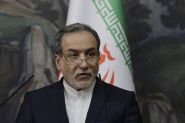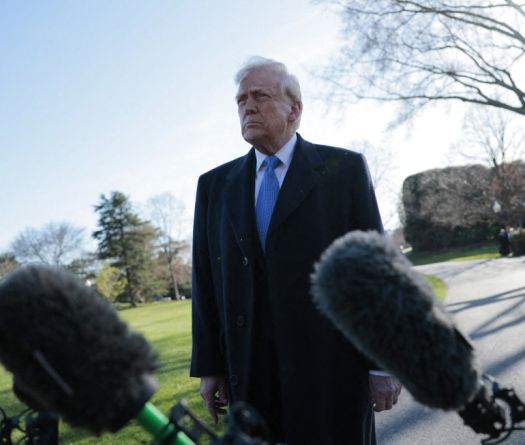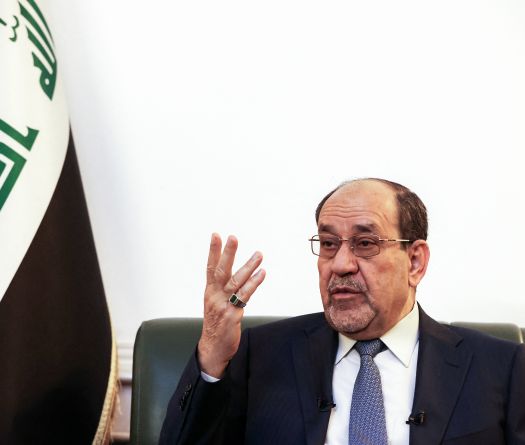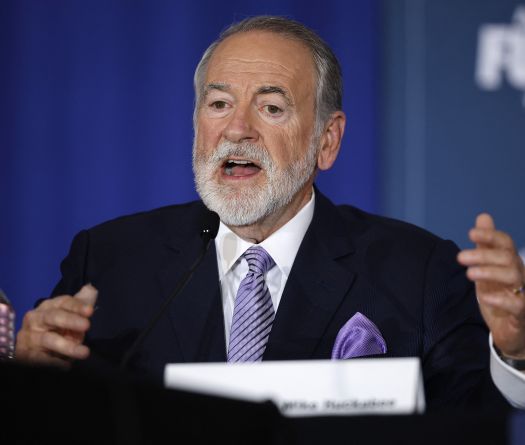
- 20:09 Trump says US discussing 'friendly takeover' of Cuba
- 20:04 Trump says has not made 'final decision' on attacking Iran
- 20:01 Trump says 'not thrilled' with Iran stance in talks
- 19:57 Istanbul flights to Tehran cancelled Friday night: airport
- 19:37 Germany advises 'urgently' against travel to Israel: foreign ministry
- 19:33 Iran urges Afghanistan, Pakistan to 'refrain' from escalatory actions
- 19:29 UN chief calls for immediate ceasefire between Pakistan and Afghanistan
- 18:53 Bill Clinton says he was unaware of Jeffrey Epstein crimes
- 18:51 UK moves some diplomatic staff from Tel Aviv amid 'regional tensions': Foreign Office
- 18:37 Locals in Niger say 'terrorists' killed 25 militia members near Mali border


Lebanon Signals Interest in Joining IMEC Trade Corridor
This is Beirut 26/02 19:55

Israeli Airstrikes Hit Hezbollah Targets in Bekaa Valley
This is Beirut 26/02 17:25

After Assad, Hezbollah Shrinks from Army to Shadow Cells
This is Beirut 26/02 15:10

Hezbollah Signals It Will Stay Out of 'Limited' Iran Strikes, Sets Red Line on Regime Attacks
This is Beirut 25/02 16:40
See all

Iran Urges U.S. to Drop 'Excessive Demands' to Reach Deal
This is Beirut 10:15

Iraq Armed Group Tells Fighters to Prepare for Long Iran-U.S. War
This is Beirut 10:10

U.S. and Iran Conclude Geneva Nuclear Talks, Set Vienna Meeting for Monday
This is Beirut 26/02 23:20

Direct U.S.-Iran Talks Mark Key Moment in Geneva Nuclear Negotiations
This is Beirut 26/02 15:35

Detainee Swap in Sweida Following Deadly Clashes
This is Beirut 26/02 13:40


































